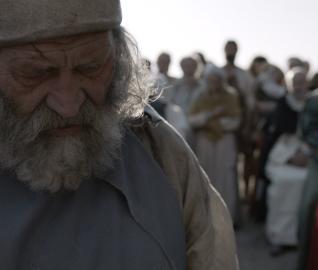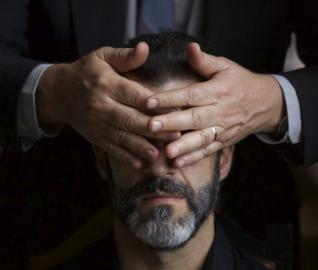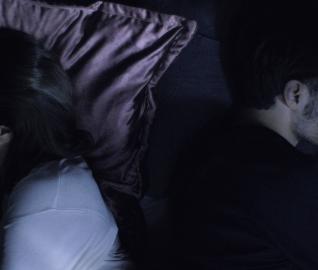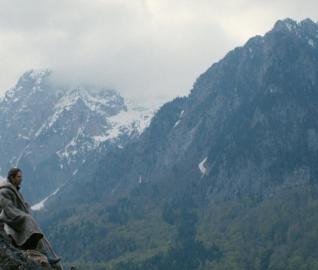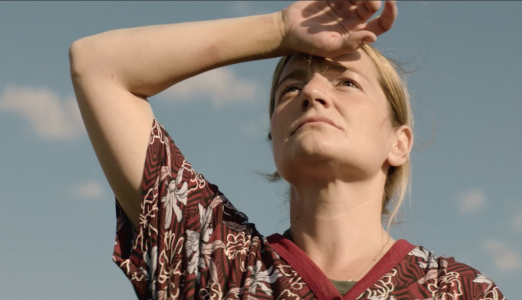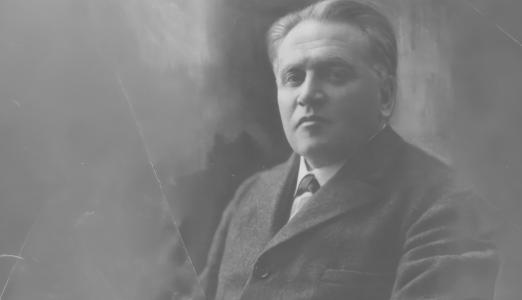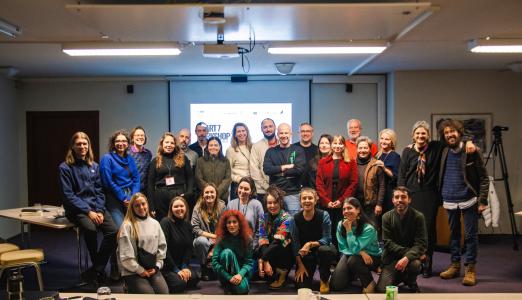The Religion Class at TIFF 2019

For true cinephiles, film is a religion, the auteur is the Creator, and the movie theatre is a temple which transfigures our reality and transports us to an alternate universe. Beyond these metaphors, however, the thematic section of the 18th edition of the Transilvania International Film Festival will address religion, faith, and spirituality head-on, in all their social and political ramifications. “There is only one religion, though there are a hundred versions of it,” said George Bernard Shaw. Under this generous umbrella, TIFF proposes nine titles which represent nine different visions of faith to compete for the FIPRESCI Award this year.
The Innocent, by Swiss writer-director Simon Jaquemet, talks about the fragility of spiritual faith, testing the audience with the story of a traditional wife and mother of faith whose value system and her understanding of life are shaken by the re-emergence of her former lover, who she believed to be dead after serving a long sentence of murder. The same thing happens to Pablo in Tremors, the second feature from Guatemalan director Jayro Bustamante. Freshly launched in the Panorama section of the Berlinale, this critically-acclaimed drama follows the snowball effect that coming out has for a young father in an evangelical Christian community. Then, in Canary (dir. Christiaan Olwagen), the complicated relationship between sexuality and faith destabilizes the existence of a young solider — and a Boy George fan — when he is drafted to do his military stage in the church choir of the South African defense forces. This is a love story that speaks to identity and acceptance in a world that is oppressively uniform.
The hero of the provocative documentary M is the actor Menahem Lang (Kedma, Promised Land), whose musical talent served as a cover for the repeated sexual abuse he endured in the midst of his community, where he was adored for his angelic voice. In Yolande Zauberman’s trademark guerrilla style, the protagonist is followed back into his hometown, Bnei Brak, a center of ultra-Orthodox Judaism, in this 2018 Locarno special jury prize-winner.
Also competing for the Golden Leopard that same year, Alberto Fasulo’s Menocchio evokes the dark age of the Inquisition. This Italian-Romanian coproduction traces a series of events that led to the burning at the stake of a miller accused of heresy. Another title produced with Romanian participation (from Digital Cube), Albanian director Robert Budina’s romantic drama A Shelter Among the Clouds talks of the coexistence of Christians and Muslims around a universal message: how can we love God if we do not love each other? The cinematography is signed by Marius Panduru and the sound by Marius Lefterache.
Equally amusing and shocking, Wojciech Smarzowski’s Clergy won audiences over with the story of three Catholic priests who hold an annual, not-exactly-religious, ritual to celebrate their survival. Based on a true story, this box office hit unmasks child abuse, corruption, and the excesses of the Polish clergy. Macedonian director Teona Strugar Mitevska’s fifth feature, God Exists, Her Name is Petrunya, is a delicious Balkan satire in which a woman claims her right to take part in an all-male religious ritual. The title will be distributed in Romania by Bad Unicorn.
In Angelos Frantzis’s Still River, the love between Anna and Petros turns conflictual when the spiritual realm seems to vanquish all rationality: the Greek couple, recently moved to Siberia, discover that they are to have a child despite never having had sex. Did she sin, did they fall prey to a conspiracy, or are they simply blessed with a miracle?
The FIPRESCI jury who will decide the winner of this thematic section consists of film critic Marta Balaga (Cineuropa), Martin Botha, professor of film in Cape Town and author of six books and over 200 articles on cinema, as well as Ayça Çiftçi, film critic and professor at the Sehir University in Istanbul.
